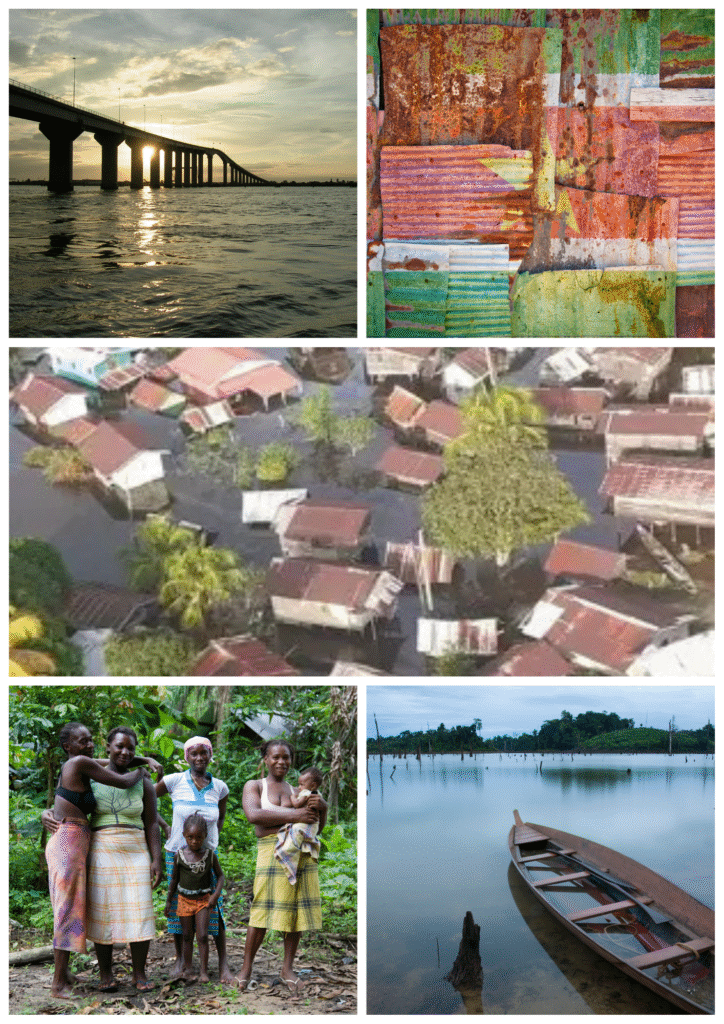
Activism and Advocacy: How Can We Protect and Promote Migrant Rights?
Activism and Advocacy: How Can We Protect and Promote Migrant Rights?
In a world where human mobility is constant, protecting migrant rights is not just an ethical concern but an urgent necessity for building just and inclusive societies. Migrants often find themselves in vulnerable situations, facing discrimination, exploitation, and barriers to accessing basic services. This is where activism and advocacy play a crucial role. It’s not just about pointing out problems, but about seeking and implementing tangible solutions, transforming empathy into action.
The work of non-governmental organizations (NGOs), activists, and human rights defenders is fundamental. These entities and individuals are on the front lines, providing vital assistance, legal advice, and raising their voices for those whose voices are often silenced. From delivering food and shelter to strategic litigation and awareness campaigns, their work is multifaceted and essential. Their mission is to ensure that universal rights apply to everyone, without exception, and that migration policies are humane and respectful of dignity.
For those looking to get involved, there are various ways to contribute. Volunteering with organizations that support migrants, donating to relevant causes, and educating oneself about the realities of migration are powerful steps. Furthermore, promoting fairer and more humane migration policies is a direct form of advocacy. This can involve participating in awareness campaigns, writing to legislators, or simply sharing accurate information to counter misinformation and stereotypes. Every action, no matter how small, contributes to meaningful change and the building of a more welcoming world.
Suriname: Weaving Networks of Support and Change for Migrants
Suriname, with its diverse population and strategic location in the region, is a country where support for migrants takes on particular relevance. Here, various organizations and activists are working tirelessly to ensure that the rights of newcomers are respected and that they can fully integrate into society.
One of the key organizations operating in Suriname that works for migrant rights is the International Organization for Migration (IOM). IOM in Suriname often collaborates with the government and other local entities to provide humanitarian assistance, support with the regularization of migratory statuses, and integration programs. Their work focuses on helping migrants access essential services and understand their rights and responsibilities in the country.
In addition to international organizations, local civil society groups and community leaders also play a crucial role. While not always large NGOs with formal structures, these local initiatives are vital for providing direct, culturally sensitive support, often based on mutual trust. We might find, for example, Haitian, Brazilian, or Chinese community groups offering mutual aid, advice on life in Suriname, and assistance in navigating local systems.
Among the specific successful initiatives in Suriname, some highlights include:
- Legal assistance programs: Various organizations and pro bono lawyers have provided advice and representation to migrants, especially those in irregular situations, to help them understand their legal options and, when possible, regularize their status.
- Public awareness campaigns: Efforts have been made to educate the Surinamese population about the challenges migrants face and the importance of inclusion, combating xenophobia and promoting social cohesion. These campaigns aim to highlight migrants’ contributions to the country’s economy and culture.
- Socio-economic integration projects: Some initiatives focus on training migrants with job skills and connecting them with employment opportunities, facilitating their self-sufficiency and economic contribution.
The role of the Surinamese government and civil society in formulating and implementing migration policies is an ongoing dialogue. While the government has the primary responsibility for establishing the legal framework, civil society acts as a critical partner, advocating for more humane policies, monitoring their implementation, and providing services that complement state efforts. Collaboration between both is essential to creating an environment where the rights of all migrants are protected and promoted, reflecting the spirit of hospitality and diversity that characterizes Suriname.






Responses